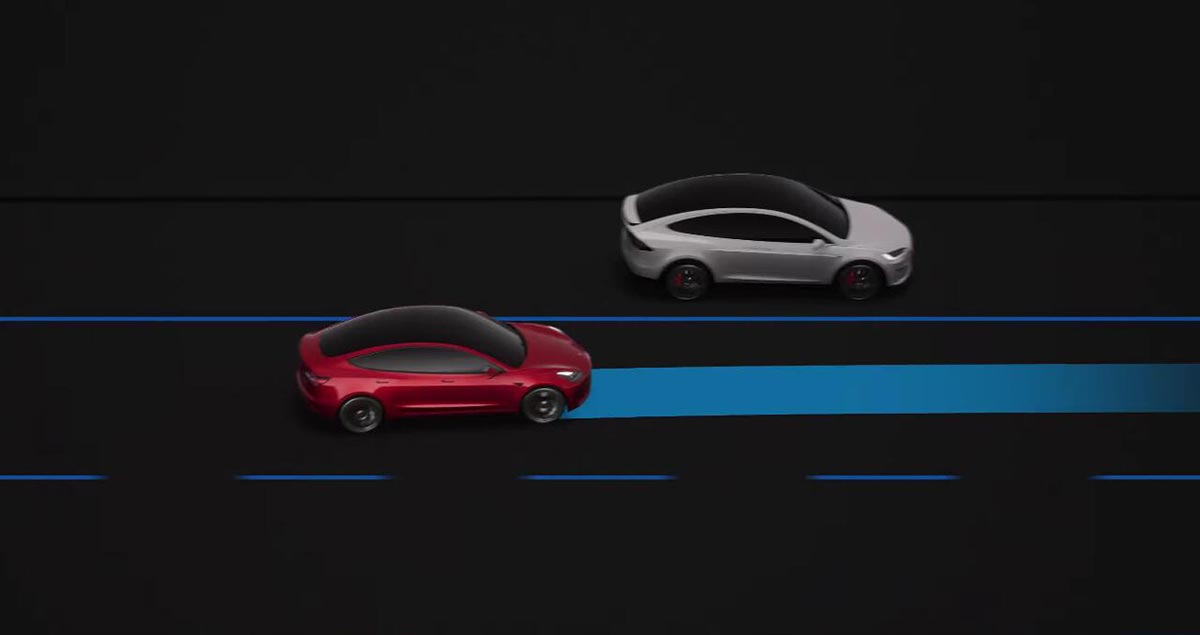Tesla Actively Hiring Local Operations Team to Introduce Full Self-Driving (FSD) Technology in China, According to Report
In a strategic move to introduce its groundbreaking Full Self-Driving (FSD) feature to the Chinese market, Tesla has embarked on an initiative to assemble a local operations team, as revealed by recent local media reports.
Tesla’s meticulous plan involves the establishment of an initial local operations team composed of approximately 20 skilled individuals, marking the pivotal step towards bringing the FSD technology to China. Insights from reputable local outlet 36kr underscore this development, unveiling Tesla’s commitment to seamless FSD integration.

(Image: Tesla FSD)
Sources familiar with the matter further disclosed that Tesla has already deployed engineers from its headquarters for comprehensive training in preparation for this transformative undertaking. This active involvement highlights Tesla’s dedication to fostering expertise within its ranks.
Furthermore, Tesla’s ambitious strategy encompasses the creation of a substantial data labeling team on Chinese soil. This team, estimated to consist of several hundred professionals, will play a pivotal role in priming the FSD algorithm through meticulous data annotation.
Importantly, Tesla has taken a proactive stance in addressing concerns related to vehicle data storage. The company, in a statement issued on August 14, announced the establishment of a dedicated data center within China’s borders. As a result, all data generated by Tesla vehicles sold within the country will be securely stored within its jurisdiction.
Navigating regulatory waters, Tesla’s roadmap to deploy FSD technology in China mandates a temporary license for FSD testing in Shanghai. With an anticipated timeline of two weeks for trial operations and approval by local authorities, Tesla can then secure a long-term testing qualification. Industry insiders familiar with the matter have indicated that obtaining this qualification would require a minimum of three months.
In a significant endorsement of Tesla’s endeavors, Shanghai authorities announced on May 12 their intent to deepen collaboration with the EV manufacturer, particularly in the realms of self-driving capabilities and robotics. This declaration underscored Shanghai’s eagerness to support FSD integration within the region.
Presently, Tesla provides all its vehicles with complimentary Basic Autopilot (BAP) software. Additionally, customers can opt for the Enhanced Autopilot (EAP) and FSD software as premium features. Notably, the pricing for EAP and FSD stands at $6,000 and $15,000 in the United States, and RMB 32,000 ($4,480) and RMB 64,000 in China, respectively.
Commentary from CITIC Securities analyst Lian Yixi’s team on June 9 emphasized the growing clarity of Tesla’s FSD strategy in China, projecting that this move would catalyze advancements in local electric vehicle intelligence. However, the journey to realization remains contingent on surmounting two key challenges: securing data collection qualifications and establishing robust supercomputing centers, as highlighted by the analyst team.

 Auto in China
Auto in China